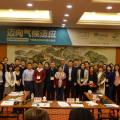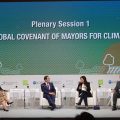Capacity building for Mongolia: leveraging science, technology and innovation for low carbon and resilient cities
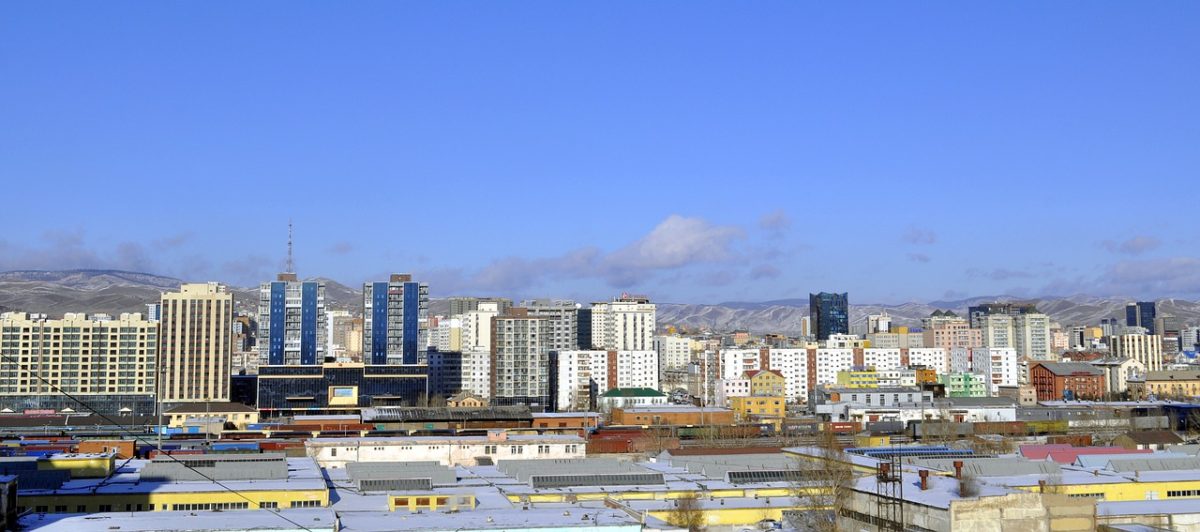
On 16-17 December 2021, ICLEI East Asia Secretariat and global partners successfully co-delivered a hybrid workshop on Leveraging Science, Technology and Innovation (STI) for Low Carbon and Resilient Cities for the Mongolian audience. Around 60 national and municipal policymakers, urban practitioners, as well as experts from academia and industries in Mongolia participated in the 2-day training.
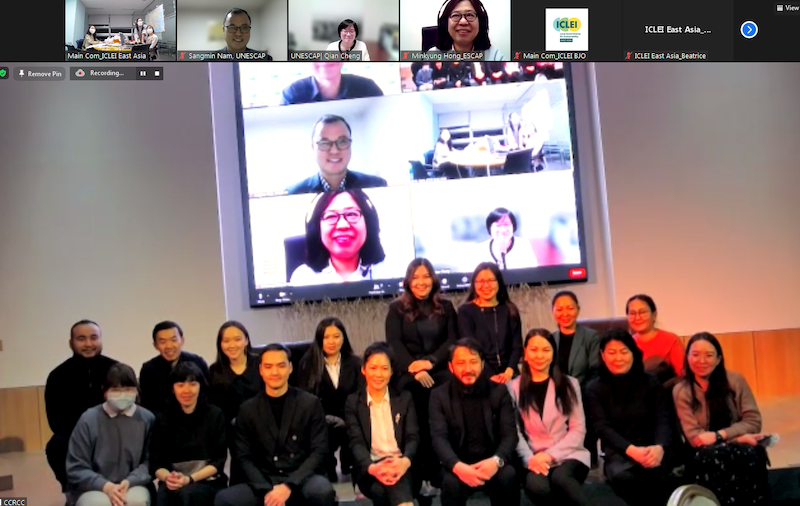
The 2-day training was delivered in a hybrid format.
For decades, Mongolia has been facing serious challenges associated with climate change. The historical record shows that the country’s annual mean air temperature has increased by over 2°C between 1940 and 2015, while the annual precipitation has been decreasing, leading to chronic drought and extreme climate-driven hazards. Such adverse impacts of climate change has made the topics of low carbon development and urban resilience more urgent than ever before.
In its latest Nationally Determined Contribution (NDC), Mongolia has ambitiously set the new target of a 22.7% reduction in GHG emissions by 2030, compared to the business-as-usual scenarios through domestic efforts. In case conditional mitigation measures were implemented with external and extra support, the country might be able to achieve an even higher target of 27.2% reduction.
Ulaanbaatar, the capital city of Mongolia, and home to over 50% of the country’s total population, is navigating the path towards sustainable urban development. Besides aligning local actions to the NDC target, other sustainable development dimensions, such as improving living standards and developing clean energy powered heating systems, have also been included in the city’s development agenda.
The two-day workshop gathered experts from China, South Korea, Singapore, Germany and Mongolia, to update the participants with the latest knowledge and facilitate extensive exchange on a wide range of topics, from data-informed urban planning, sustainable mobility, clean energy, green transition, innovative urban governance, to solid waste management, and urban climate resilience.
Among all the topics covered in the workshop, the Mongolian participants found sustainable mobility and the application of ICT for transportation systems, especially inspiring and relevant to their works. In particular, the case of the Seoul Transport Operation and Information Service (TOPIS) has drawn the participants’ attention, where they would like to learn about Seoul City’s experience in tackling urban traffic congestion and mobility-induced air pollution through the optimization of an intelligent transportation system and the promotion of traffic-related technological developments. In addition, the operation and the stakeholder engagement mechanisms of Seoul’s citywide public bike rental system Ttareungyi, have also attracted a high level of interest from the participants.
Other topics, such as the Spong City Program for enhancing urban resilience presented by Shenzhen City, the Park City Initiative and innovative urban renewal shared by Chengdu City, and the bulk solid waste management system in Xuzhou City, have also stimulated fruitful dialogues and deliberation between the speakers and the participants.
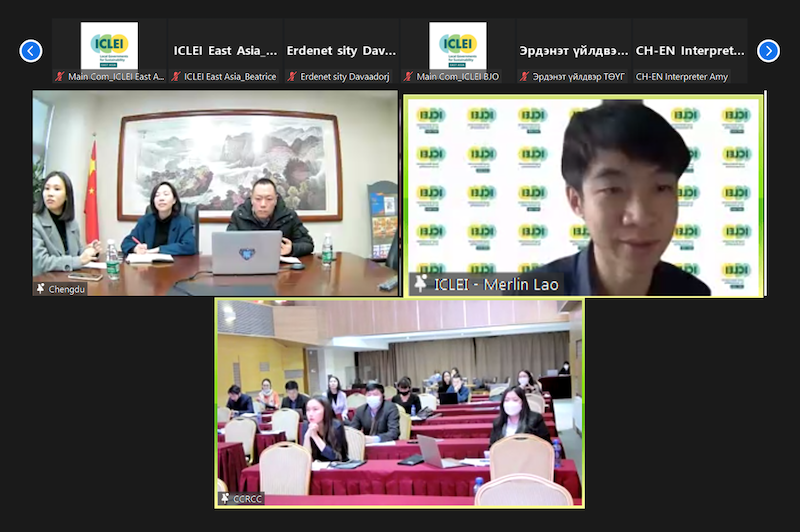
Speakers from Chengdu shared the city’s experience in developing a park city.
Through two days of extensive exchange on the latest knowledge and the practices and experiences of cities in other countries, the participants from Mongolia have identified the top priorities in transitioning towards low-carbon and resilient cities by utilizing STI, and have shown further interest in having follow-up joint activities and initiatives.
This workshop is co-organized by the Climate Change Research and Cooperation Centre (CCRCC) of Mongolia, the United Nations Economic and Social Commission for Asia and the Pacific (UNESCAP), ICLEI East Asia Secretariat, and the innovative Green Development Program (iGDP), under the project “Leveraging Science, Technology and Innovation for Low Carbon and Resilient Cities”. Other project knowledge products developed by ICLEI including a total of 20 case studies will be co-published by UNESCAP and ICLEI East Asia in 2022.


